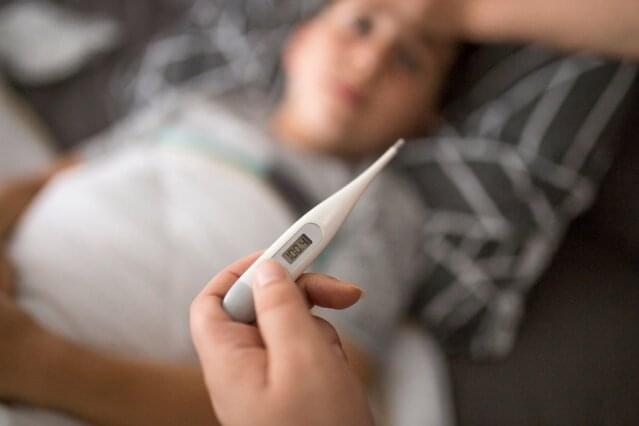For many years, some parents have noticed that their autistic children’s behavioral symptoms diminished when they had a fever. This phenomenon has been documented in at least two large-scale studies over the past 15 years, but it was unclear why fever would have such an effect.
A new study from MIT and Harvard Medical School sheds light on the cellular mechanisms that may underlie this phenomenon. In a study of mice, the researchers found that in some cases of infection, an immune molecule called IL-17a is released and suppresses a small region of the brain’s cortex that has previously been linked to social behavioral deficits in mice.
“People have seen this phenomenon before [in people with autism], but it’s the kind of story that is hard to believe, which I think stems from the fact that we did not know the mechanism,” says Gloria Choi, the Samuel A. Goldblith Career Development Assistant Professor of Applied Biology and an assistant professor of brain and cognitive sciences at MIT. “Now the field, including my lab, is trying hard to show how this works, all the way from the immune cells and molecules to receptors in the brain, and how those interactions lead to behavioral changes.”
